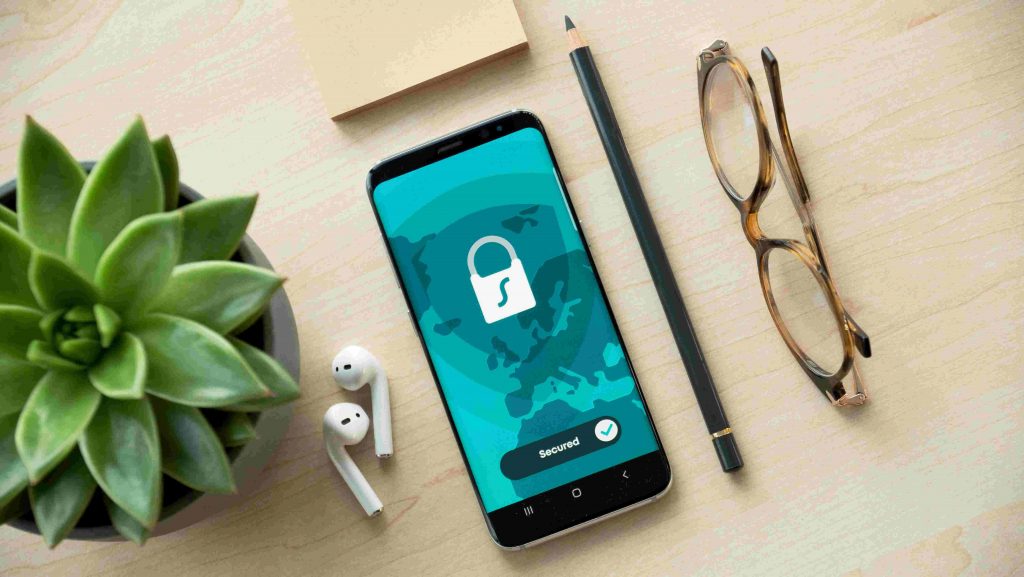Cybersecurity is a big issue these days, and with good reason. It seems like every other day there’s a new story in the news about a company that has been hacked, and personal information has been stolen. While it’s important to be aware of the risks and take precautions, it can be tough to know where to start. That’s why we’re here with some tips to help you stay safe online. These are simple, everyday things that you can do to make yourself less vulnerable to cyberattacks.

Contents [show]
Take Control Over Your Passwords
One of the most basic yet effective things you can do is to make sure you have good passwords for your accounts, and that no one else knows them. Choose unique passwords for each of your different accounts, making sure they are long and complicated enough that they can’t easily be guessed by others. A great way to stay safe is by utilizing a PassCamp password manager that will create and store them for you. Additionally, make sure you change your passwords regularly so that if someone does steal them, they won’t be able to use them for very long.
Avoid Public Wi-Fi Networks
When using public wi-fi networks like those offered in coffee shops or libraries, it’s also important to exercise a bit more caution than usual. These networks are not usually password protected, which means anyone nearby could potentially access the information on your device while you’re using the network. To protect yourself, make sure you only access websites and apps through a secure connection like your home internet and avoid accessing sensitive information while on public networks.
Keep Your Software Up-to-Date
Another basic thing to keep in mind is to always have the latest version of all of your software installed on your computer or mobile device. As new updates are released, they will often include fixes for issues that could potentially leave you vulnerable to cyberattacks. So by not taking the time to update regularly, you’re leaving yourself open. Most systems even allow automatic updates so it’s easy enough having them running in the background without any effort on your part. Additionally, be sure to run antivirus software, which will help prevent malware and viruses from infecting your device.
Use VPNs
Whenever possible, especially when using public Wi-Fi networks, connect to the internet through a Virtual Private Network (VPN). VPNs encrypt your traffic and disguise your IP address, making it much more difficult for anyone to snoop on your activities or steal your personal information. While there are some free options available, we recommend going with a paid service like NordVPN or ExpressVPN for the best security. For example, NordVPN has a strict no-logs policy, which means they don’t keep track of any of your online activities.

By following these simple tips, you can help keep yourself safe from cyberattacks. Just remember that cybersecurity is an ongoing process, and it’s important to stay on top of it and make sure you’re doing everything you can to keep yourself protected. So, implement at least one of these tips today to be safe online!



